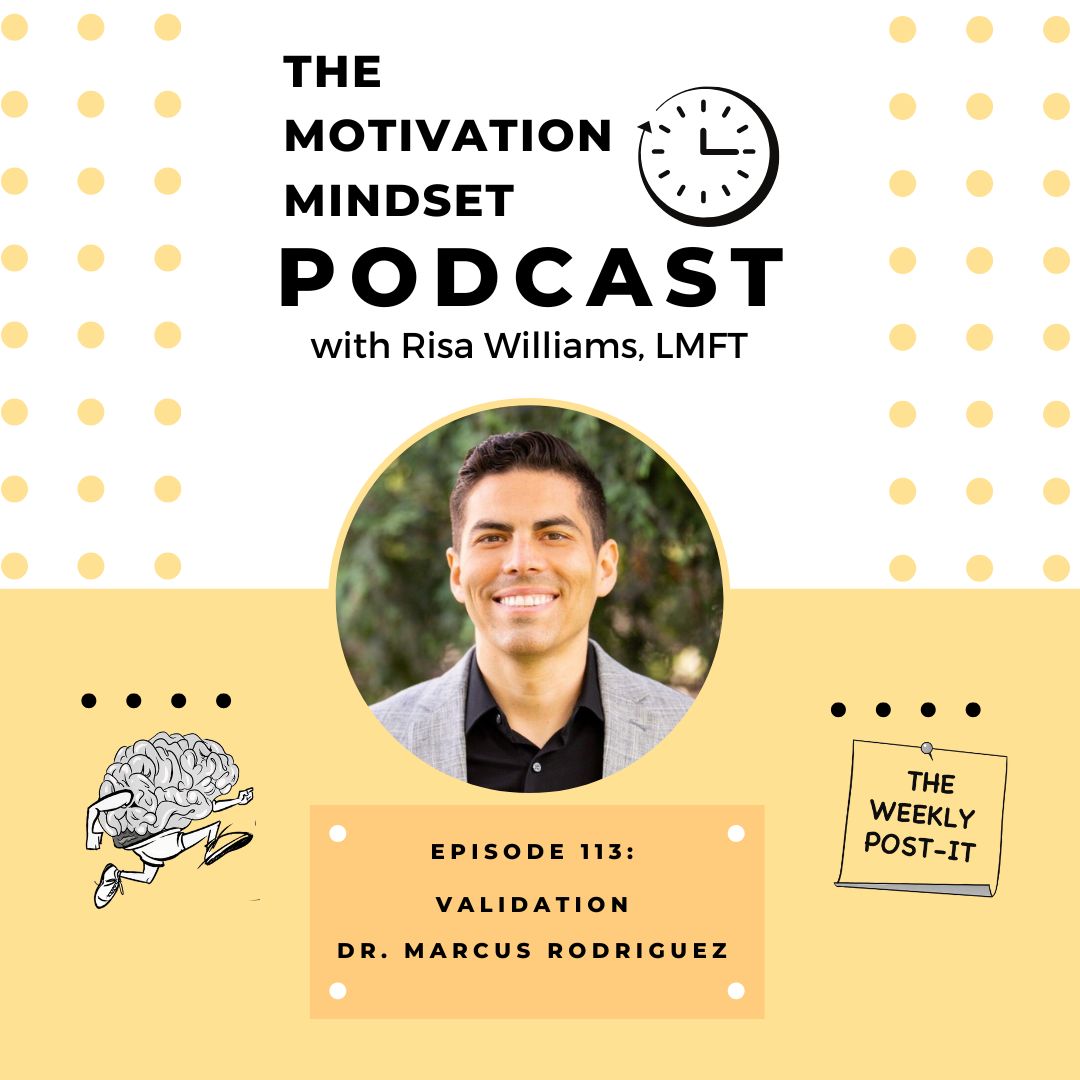Authors: Caleb Spiro, MA and Sarah Mann
In a previous blog post, we talked about the power of validation and how it can help parents become more effective listeners and develop a closer relationship with their child, while simultaneously helping their child develop greater emotional resilience by learning how to identify and manage painful emotions. Today, we will focus on new research and what it has to say about validation: That is, how it can help transform intense and explosive emotional states, also known as ‘emotional dysregulation,’ into emotional states that are more manageable, stable, adaptive, and healthy long-term.
What is Emotional Dysregulation?
Have you ever had a day where it felt like one minute you were on top of the world, and the next you feel exhausted, defeated, or angry? When your emotions were intense, long-lasting, and left you feeling disoriented and exhausted by the end of the day? For many of us, that would be considered a very bad day, and does happen occasionally. But for people with chronic and pervasive difficulties with emotional regulation, this is often their daily lived experience.
Emotional dysregulation is defined as the difficulty to manage, control, and effectively respond to intense emotional experiences. Individuals with emotion dysregulation experience more intense emotions, and for unexpected periods of time. Emotions may shift rapidly, changing even within the same hour. An emotion that would normally last for a short amount of time can linger for hours or even a whole day. It can be exhausting, like being on a roller coaster with no emergency stop. Emotional dysregulation is part of a number of clinical disorders such as borderline personality disorder (PBD), bipolar disorder (BD), depression, anxiety, post-traumatic stress disorder (PTSD), and can intensify the existing challenges of these conditions.
Retraining Our Brains
Oftentimes, when we think about mental illness, we don’t always think about how neurological structural changes in the brain can be affected by the choices we make every day. Specifically, there is research showing that the amygdala, often regarded as a fear and threat processing center of the brain, is overly active with individuals who are chronically emotionally dysregulated (3). However, several studies have shown that when we learn skills for identifying, understanding, and managing intense emotions, it changes our brain structure (4,5). This research is encouraging – even if you are experiencing emotional dysregulation right now, it doesn’t have to be permanent, and small changes can go a long way over time.
Recent neuroimaging studies have shown that Dialectical Behavioral Therapy (DBT) can calm anxiety centers of the brain, such as the amygdala, which is a region that is overactive when individuals go through emotional crisis and intense pain (1). One study showed that DBT can lead to reduction in activity of other key areas related to emotional dysfunction and psychological pain, and later lead to lasting neurobiological changes in the brain (3). Although not everyone can or will get their brains scanned, it’s encouraging to know that what we do in therapy can actually lead to concrete changes in neurobiology, leaving us more adaptive to our environment regardless of our age. It is a myth that people’s brains can’t change after 25. In fact, it is never too late, as long as we remain open to the possibility of change and growth.
DBT for Emotional Dysregulation
Dialectical Behavioral Therapy (DBT) is a type of therapy that was designed to help individuals recognize when they are in a state of emotional dysregulation, as well as teaching others how to effectively manage and respond to intense emotions. DBT uses strategies that communicate acceptance and understanding and helps equip people with problem solving skills. One of the key components of DBT is validation (1), which helps clients process how they feel in sessions (4). Research has shown that validation can be extremely effective in addressing emotional dysregulation in adult BPD, anxiety, bipolar disorder (BD), autism spectrum disorder (ASD), obsessive-compulsive disorder (OCD), depression, as well as high risk behaviors such as suicide, self-harm, and drug abuse (1,2,3).
Our Services
At the Youth and Family Institute, we specialize in DBT and treating emotion dysregulation. To learn more about DBT, emotional dysregulation, and conditions with emotion dysregulation, please visit the Our Services page on our website. If you are looking for an expert in DBT, please see the Our Team page to learn about our providers who specialize in DBT. To schedule a consultation, please complete the Contact Us form on our website.
-
- Curtis McMillen, Andrea Doyle & Emily Claypool (2023) Validation as a clinical strategy, Journal of Social Work Practice, 37:3, 325-338, DOI: 10.1080/02650533.2022.2128311
- McMain, S., Korman, L.M. and Dimeff, L. (2001), Dialectical behavior therapy and the treatment of emotion dysregulation. J. Clin. Psychol., 57: 183-196. https://doi.org/10.1002/1097-4679(200102)57:2<183::AID-JCLP5>3.0.CO;2-Y
- Salehinejad, M. A., Ghanavai, E., Rostami, R., & Nejati, V. (2017). Cognitive control dysfunction in emotion dysregulation and psychopathology of major depression (MD): Evidence from transcranial brain stimulation of the dorsolateral prefrontal cortex (DLPFC). Journal of affective disorders, 210, 241-248
- Iskric, A., and Barkley-Levenson, E. (2021) Neural Changes in Borderline Personality Disorder After Dialectical Bebhavior Therapy – A Review
- Fruzzetti, A., and Ruork, A.K. (2018) Validation Principles and Practices in Dialectical Behaviour Therapy. The Oxford Handbook of Dialectical Behavior Therapy




